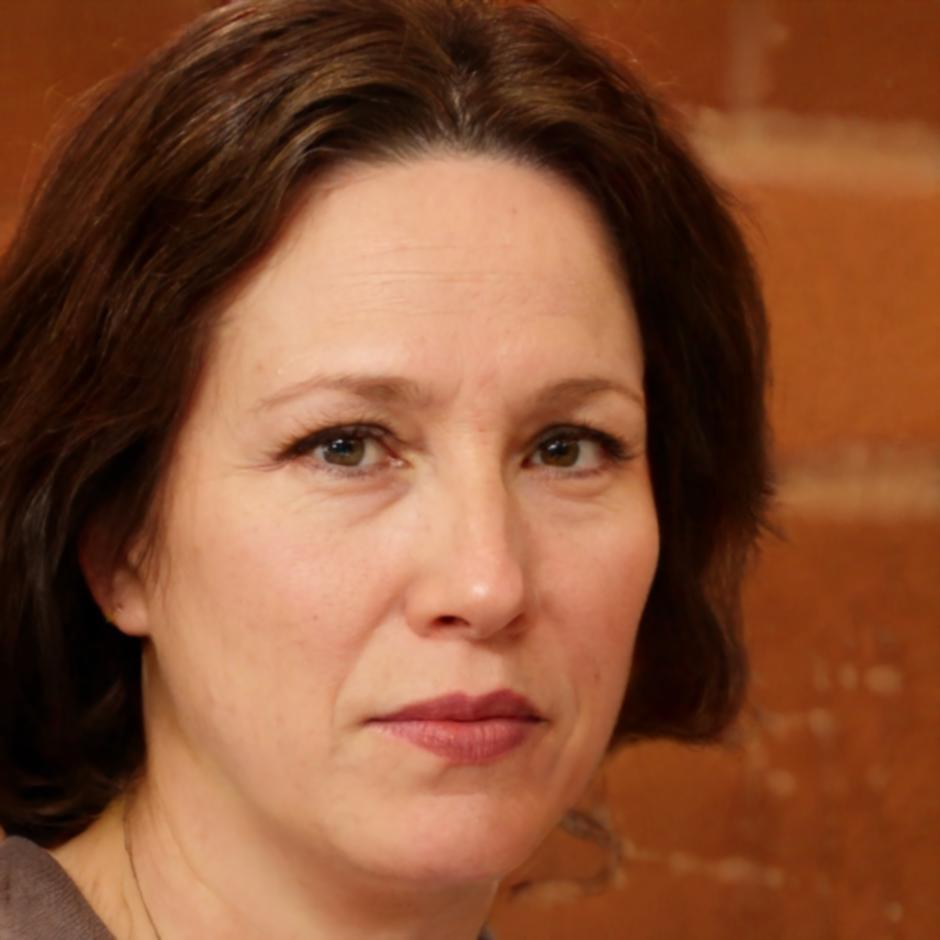Budget Planning That Actually Works for Your Events
Most event organizers wing it with spreadsheets and guesswork. We teach you systematic budget planning that prevents those awkward moments when costs spiral three weeks before your event. Real scenarios, actual vendor numbers, and frameworks you'll use immediately.
View Program Details
Why Traditional Budget Methods Fail Events
After working with event coordinators across Ontario since 2019, we've noticed the same patterns. People use business budgeting tools for events—and it never quite fits. Events aren't steady operations. They're temporary projects with vendor negotiations, uncertain attendance, and last-minute changes.
Variable Revenue
Ticket sales fluctuate. Sponsorships come through late. Your budget needs flexibility built in from the start, not rigid forecasts that break when registration numbers shift.
Vendor Dynamics
Caterers quote per-head but require minimums. AV companies bundle equipment oddly. Understanding these pricing structures means you can actually negotiate instead of just accepting quotes.
Timeline Pressure
Events have fixed dates. You can't postpone because you're over budget. Learning to build contingency reserves and prioritize spending becomes essential rather than optional.

Linnea Vance
Lead Instructor
Spent seven years managing corporate event budgets before realizing most coordinators learn this stuff through expensive mistakes. Now teaches the patterns that actually prevent budget disasters.
What You'll Actually Learn Here
Our autumn 2025 program focuses on practical budget construction. Not theory—actual line items, vendor categories, and contingency planning that works for events between 50 and 500 attendees. We cover the scenarios that textbooks skip.
- Building budget templates that accommodate uncertain attendance numbers and late registrations without requiring complete rebuilds when numbers change
- Vendor quote analysis so you understand what's negotiable, what's fixed, and where hidden costs typically appear in catering, AV, and venue contracts
- Cash flow timing because paying deposits, managing vendor payment schedules, and handling registration income requires different planning than regular business operations
- Contingency allocation methods that go beyond "add 10%" to strategic reserves based on specific risk factors in your event type and venue situation
- Post-event reconciliation processes that help you learn from actual spending patterns and improve estimates for future events rather than just closing books
Program Structure for Fall 2025
We're running two cohorts in September and November 2025. Eight weeks, meeting Tuesday evenings. The format combines weekly sessions with budget-building homework where you develop an actual event budget progressively.
You'll work with real vendor quotes, actual venue costs from Ontario suppliers, and pricing scenarios we've collected from coordinators across the region. By week eight, you'll have a complete budget framework you can adapt.
Check Course Schedule
Foundation Weeks
Budget structure basics, vendor categories, and setting up tracking systems that don't require accounting software. You'll build your first rough budget framework.
Vendor Analysis
Reading and comparing quotes, understanding pricing models, identifying negotiable items. We use actual proposals from regional vendors for practice.
Risk Management
Building contingency plans, handling scope changes, managing sponsor commitments that arrive late. The messy reality of event financing.
Practical Application
Final project where you present a complete event budget with justifications, alternatives, and contingency strategies. Real critique, honest feedback.